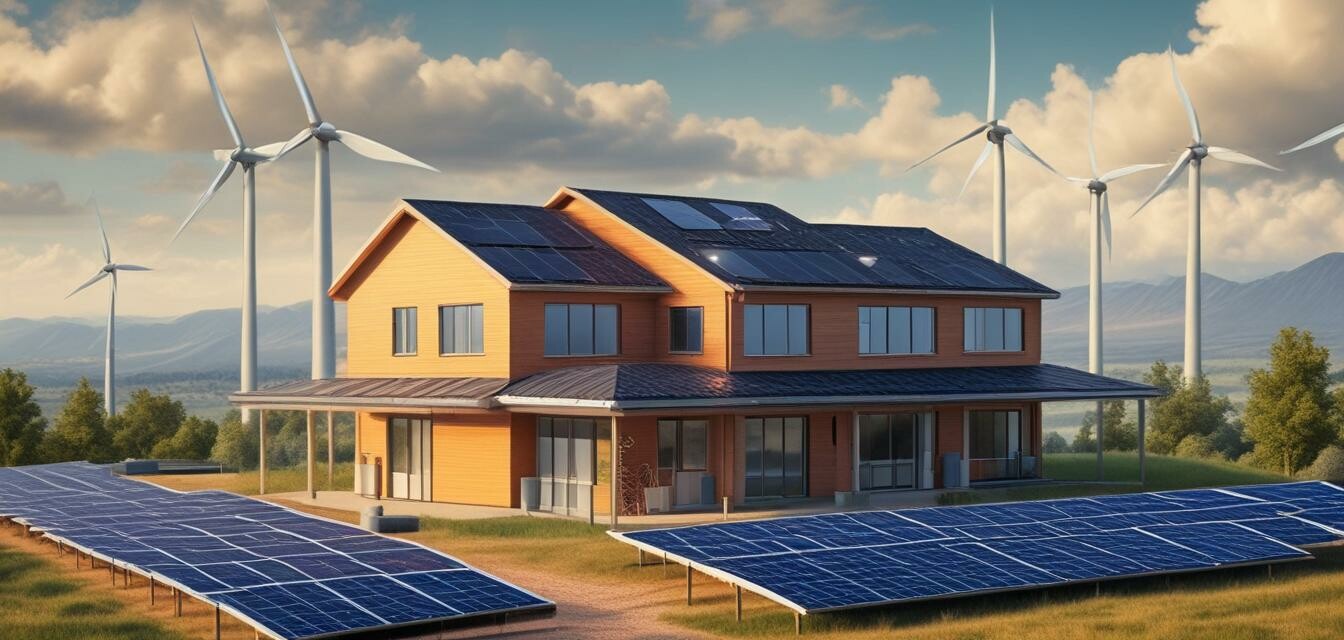
Understanding the Importance of Grid-Tie vs. Off-Grid Systems
Key Takeaways
- Grid-tie systems are connected to the utility grid, providing benefits like net metering and lower initial costs.
- Off-grid systems provide complete independence from the utility grid and require battery storage for power availability.
- Choosing between grid-tie and off-grid largely depends on your location, energy needs, and lifestyle.
- Reliable off-grid setups often involve higher costs due to the need for additional equipment.
If you’re considering solar energy to reduce your electricity bills or become independent from grid power, understanding the differences between grid-tie and off-grid systems is crucial. Each system has its own set of advantages and drawbacks, and making an informed choice can significantly impact your power independence and overall costs. Let's delve deeper into how these two systems work, their benefits, and considerations for each.
What is a Grid-Tie Solar System?
A grid-tie solar system, also known as a grid-connected system, is directly connected to the utility power grid. By generating electricity through solar panels, these systems allow for seamless integration with the existing utility grid, which can lead to various benefits.
Benefits of Grid-Tie Systems
- Net Metering: Excess energy generated can be fed back into the grid, often earning credits on your utility bill.
- Lower Initial Costs: Generally, grid-tie systems are more affordable to install, as they do not require battery storage.
- Reduced Energy Costs: You can significantly lower your electricity bill, depending on your system size.
What is an Off-Grid Solar System?
An off-grid solar system operates independently of the utility grid. These setups usually involve solar panels, battery storage, and inverters to supply energy without relying on external power sources.
Benefits of Off-Grid Systems
- Energy Independence: You are not subject to utility rate hikes or power outages.
- Flexibility: You can set up systems in remote locations and customize according to your energy needs.
- Resilience: Off-grid systems offer a reliable power supply during emergencies or outages.
Key Differences Between Grid-Tie and Off-Grid Systems
| Features | Grid-Tie System | Off-Grid System |
|---|---|---|
| Connection to Utility Grid | Yes | No |
| Battery Storage | No (optional) | Required |
| Initial Cost | Lower | Higher |
| Net Metering | Available | Not Applicable |
| Energy Independence | No | Yes |
Considerations for Choosing Between Grid-Tie and Off-Grid Systems
When deciding which type of system to implement, it’s essential to take into account various factors:
- Your Energy Needs: Consider how much power you consume monthly and the reliability of local grid power.
- Your Location: Areas prone to power outages may benefit from off-grid systems.
- Budget: Determine your available budget, as initial investments vary significantly.
Conclusion
Choosing between a grid-tie or off-grid system ultimately depends on your specific needs and lifestyle. If you seek energy independence and live in a remote area, an off-grid system might be right for you. Conversely, if you prefer a lower upfront investment and reliable connection to the grid, a grid-tie system may be the better choice. Regardless of your decision, investing in solar energy is a powerful step towards grid independence.
Tips for Beginners
- Research local solar installation companies, and ask for detailed quotes.
- Consider future expansion; it’s often more cost-effective to build your solar system larger than needed.
- Ensure that any solar system you choose complies with local regulations and standards.
- Look into government incentives, rebates, or tax credits that can help reduce installed costs.
Pros of Grid-Tie Systems
- Lower installation costs.
- Easy to integrate with the existing grid.
- Net metering benefits.
Cons of Grid-Tie Systems
- Dependence on the utility grid.
- Less independence during power outages.
Pros of Off-Grid Systems
- Complete energy independence.
- Well-suited for remote locations.
- Reliable power supply during outages.
Cons of Off-Grid Systems
- Higher initial costs.
- More complex system design and maintenance.
For more detailed guidance on solar systems, check out our comprehensive buying guides or explore the latest trends in solar technology. If you're interested in off-grid living, you might want to read about DIY projects or visit our sections on battery storage for enhancing your system.


